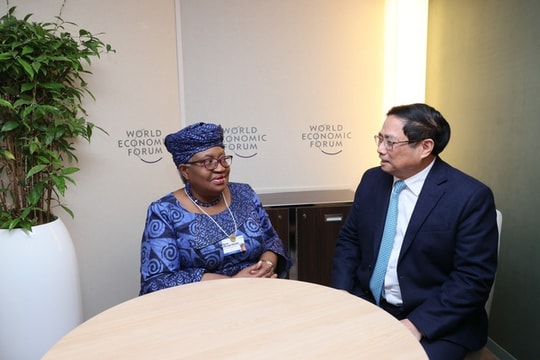WTO 'paralyzed': Trade disputes are handled by 'law of the jungle'?
(Baonghean) - Global trade lost its final “arbitrator” on Tuesday (December 10), meaning that disputes between countries will no longer be adjudicated according to the rules and regulations set by the World Trade Organization (WTO). Instead, the international trade system will face what analysts call the “law of the jungle”, and at the same time, there is a risk that “the entire WTO system will collapse”.
Power belongs to the strong
The WTO is one of the most effective international organizations thanks to its creation of a system of rules for global trade and the management of the implementation of those rules. The United States - the world's number 1 economy - has also been a "benefactor" of this institution for more than two decades. However, the administration of President Donald Trump has a contrary view, saying that Washington is at a disadvantage because WTO rules have many legal loopholes that allow some countries like China to enjoy certain benefits.
Over the past two years, the US government has used its veto power to block the appointment and reappointment of new members to the WTO Appellate Body, the body that resolves disputes in international trade. As a result, the Appellate Body has only three judges, the minimum required to rule on disputes. However, on December 10, two of them ended their second and final terms. As a result, the WTO Appellate Body was forced to cease operations, leading to the collapse of a key control mechanism in the global trade system. In other words, international trade has lost an important “arbitrator”.
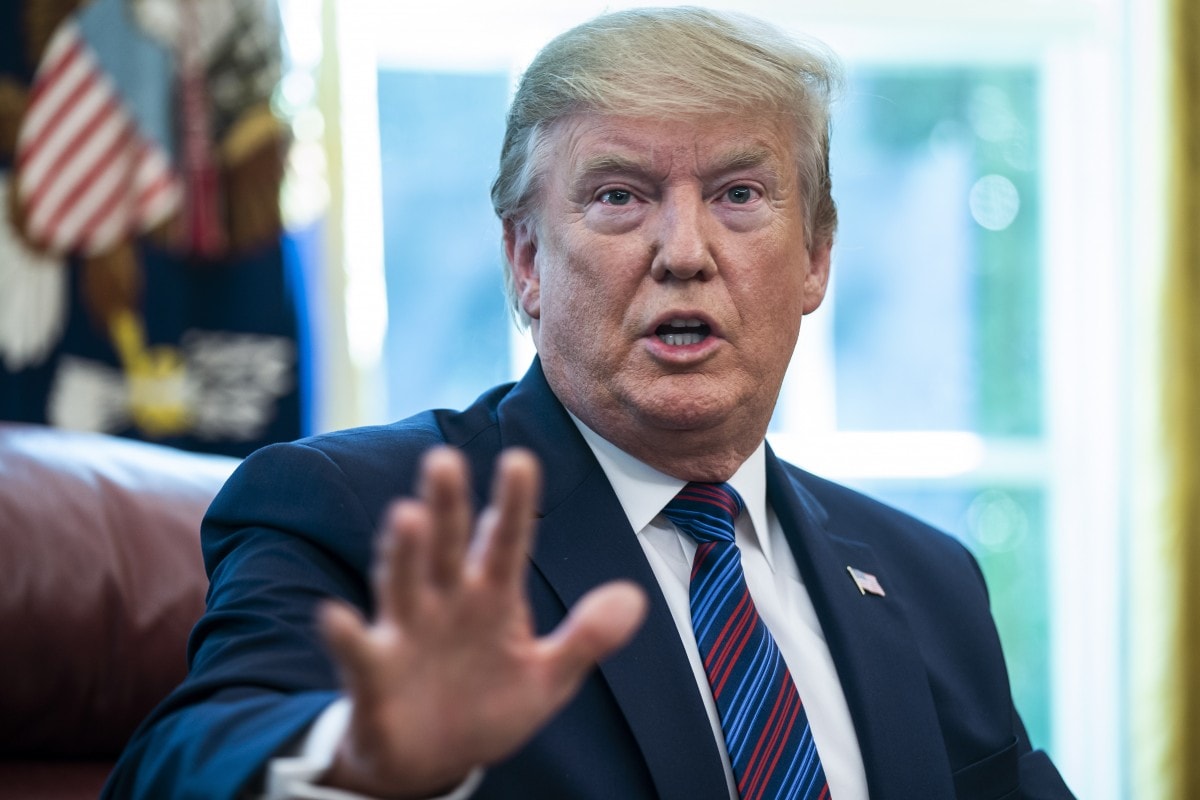 |
| Donald Trump believes that Washington is at a disadvantage because WTO rules have many legal loopholes that allow some countries to enjoy certain benefits. Photo: EPA |
In the future, many disputes will be resolved through bilateral negotiations."
This also means that major trade disputes, including the current US-China trade war and the unilateral US tariffs on aluminum and steel from many countries, will not be resolved by global trade arbitration. Stephen Vaughn, who served as an advisor to the US Trade Representative during the first two years of President Trump's term, predicts that in the future, many disputes will be resolved through bilateral negotiations, or that tit-for-tat tariffs will "get out of control."
Critics say this means a return to the post-war era of inconsistent rules that the WTO was created in 1995 to address. The EU ambassador to the WTO said that the “paralysis” of the WTO’s appellate body risks creating a system of economic relations based on power rather than rules. “It’s like the law of the jungle in the global trading system, and power goes to the strong.”
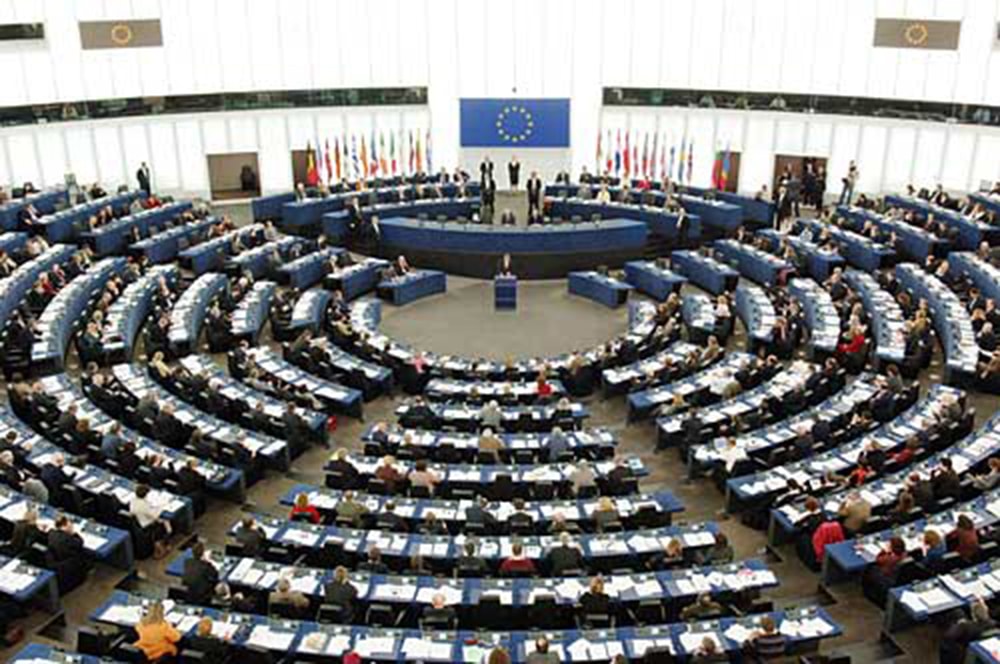 |
| A meeting held to discuss international trade in March 2019. Photo: Flickr |
The fact that the WTO appellate body must stop operating is a foregone conclusion.
In fact, it was not until President Trump that the WTO was criticized so strongly. It is just that for a president who always supports an independent approach to economics and diplomacy, Mr. Trump seems to have a "dislike" for the WTO and many other multilateral organizations. The fact that the WTO's appellate body had to stop working was a foretold fact. It is part of the plan to neutralize the WTO that the Trump administration has planned for nearly 3 years. Mr. Trump wants the US to play a leading role in international trade, wants to sign bilateral trade agreements with other countries to take advantage of the absolute advantage of US power, but the WTO is a major obstacle to Washington's ambition. Therefore, Washington has changed the structure of the international trade system, affecting the entire world financial system.
How to save the WTO?
WTO Director-General Roberto Azevedo has said he plans to engage in a round of consultations with several WTO members, including the US, to see if a solution to the current impasse can be found. Meanwhile, the EU and other countries are working to create an appellate body – including some former members of the current appellate panel – to adjudicate future trade disputes. But that would only be a temporary solution, and it is unclear how many countries would be able to join.
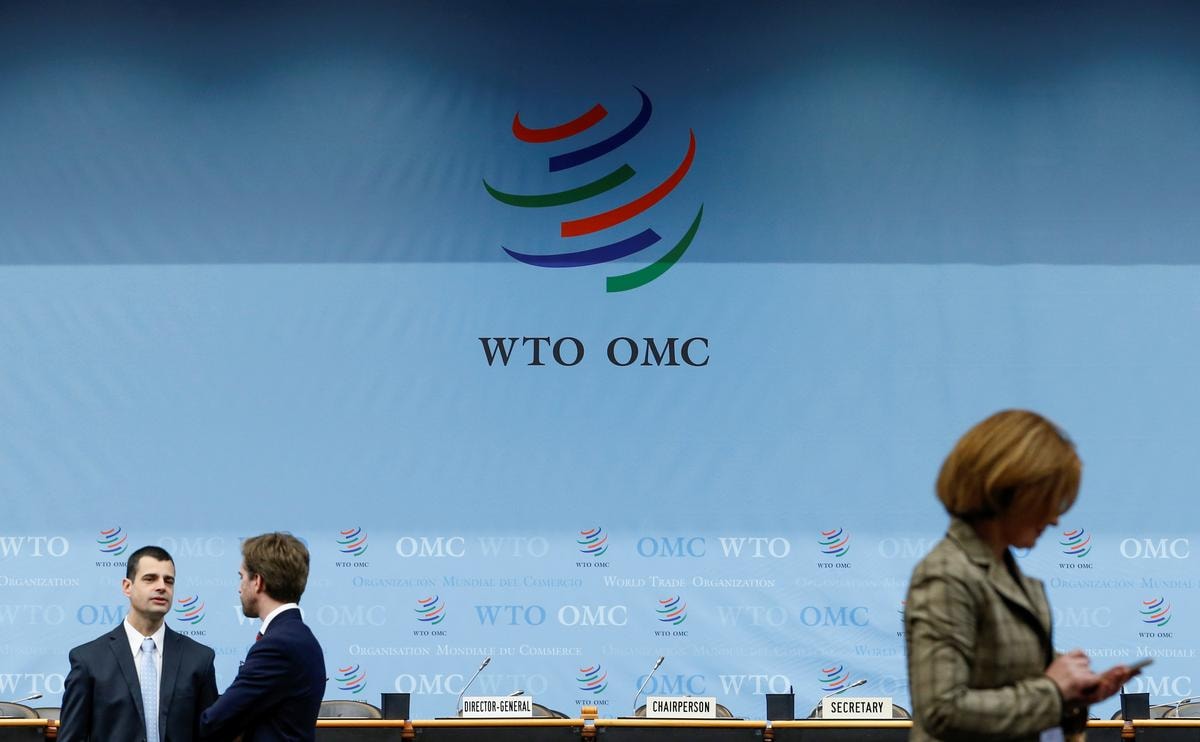 |
| Delegates speak before the opening of the General Council at the WTO headquarters in Geneva, Switzerland on December 9. Photo: Getty |
Efforts to save the WTO are important, but ultimately, whether and how the WTO survives requires long-term strategies, especially major reform.
Objectively speaking, for an organization that has existed for more than two decades, when global economies have been and are constantly changing, reform is essential. For example, the WTO's unclear classification mechanism has led to many countries with strong economies, even in the G20 group, but still declaring developing country status to enjoy benefits and exemption from obligations. In addition, the WTO's negotiating function has proven ineffective because member countries have difficulty in reaching full consensus to reach new agreements, change laws or punish countries that do not comply with obligations.
From a certain perspective, many opinions believe that the US government's "turning back" on institutions like the WTO is a move in the geopolitical and economic competition with China. That is understandable when President Donald Trump repeatedly criticized the WTO for not making efforts to prevent China from subsidizing products, but instead opposed Washington's measures to prevent cheap goods from flooding into the country. However, the dispute between the two largest economic powers in the world cannot cause other countries to be "collateral damage".
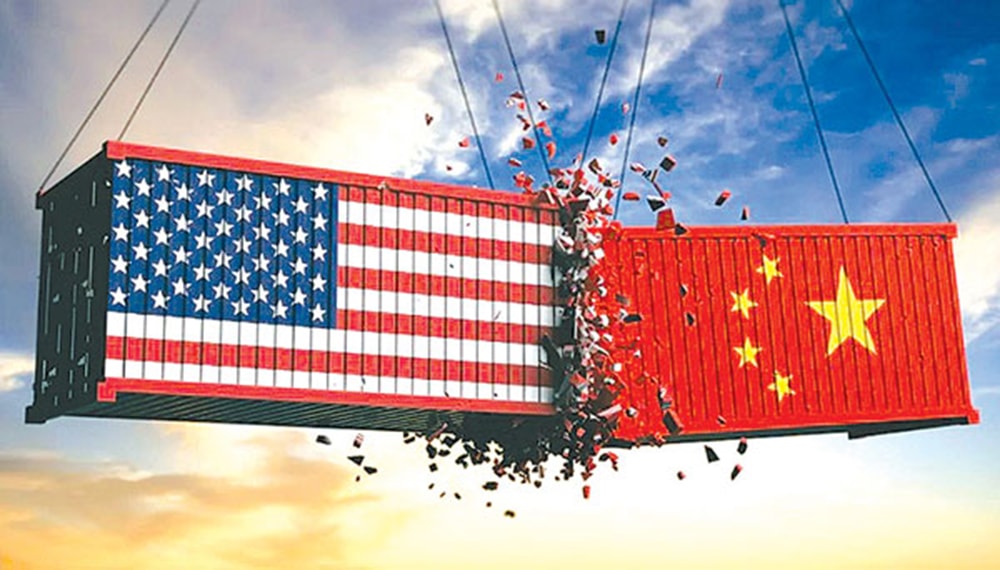 |
| The US government's "turning its back" on institutions like the WTO is a move within its geopolitical and economic competition with China. Illustrative photo |
Preserving the existence of the WTO must remain a top priority not only because of the value of this institution or for global prosperity but also because it is urgent in the globalized international environment, when disputes and trade tensions need to be resolved based on international law. It can be seen that the United States under President Donald Trump has been "attacking" many multilateral institutions from nuclear disarmament and non-proliferation to climate change prevention and now global trade regulation. These are all systems that the United States has actively built.
To be clear, it is not that the United States is abandoning its traditional leadership role in global governance. In fact, what the Trump administration is doing is reasserting American leadership in a system based on might and force, not internationally accepted rules. And that would be a dangerous step backward for the world.

